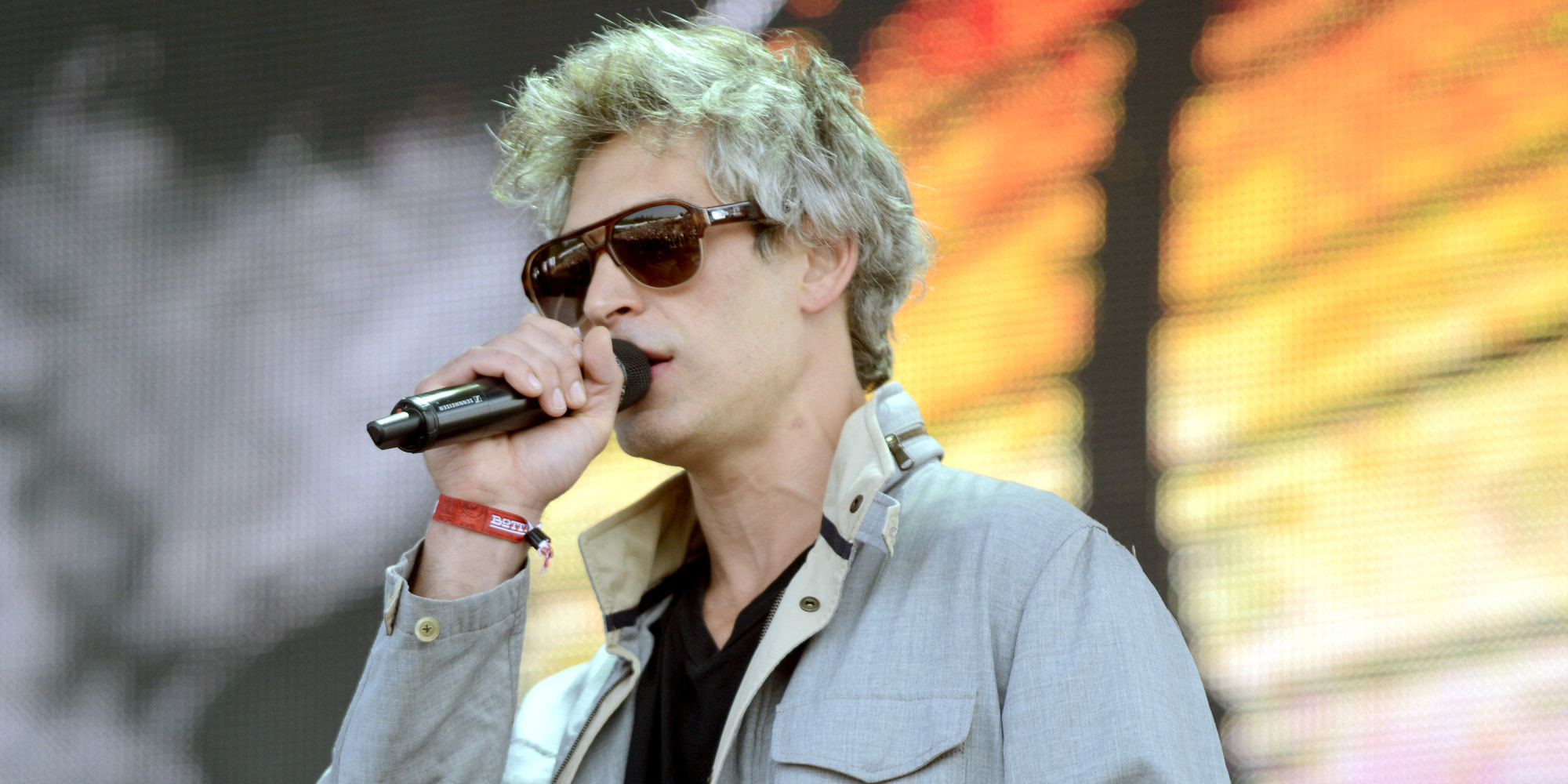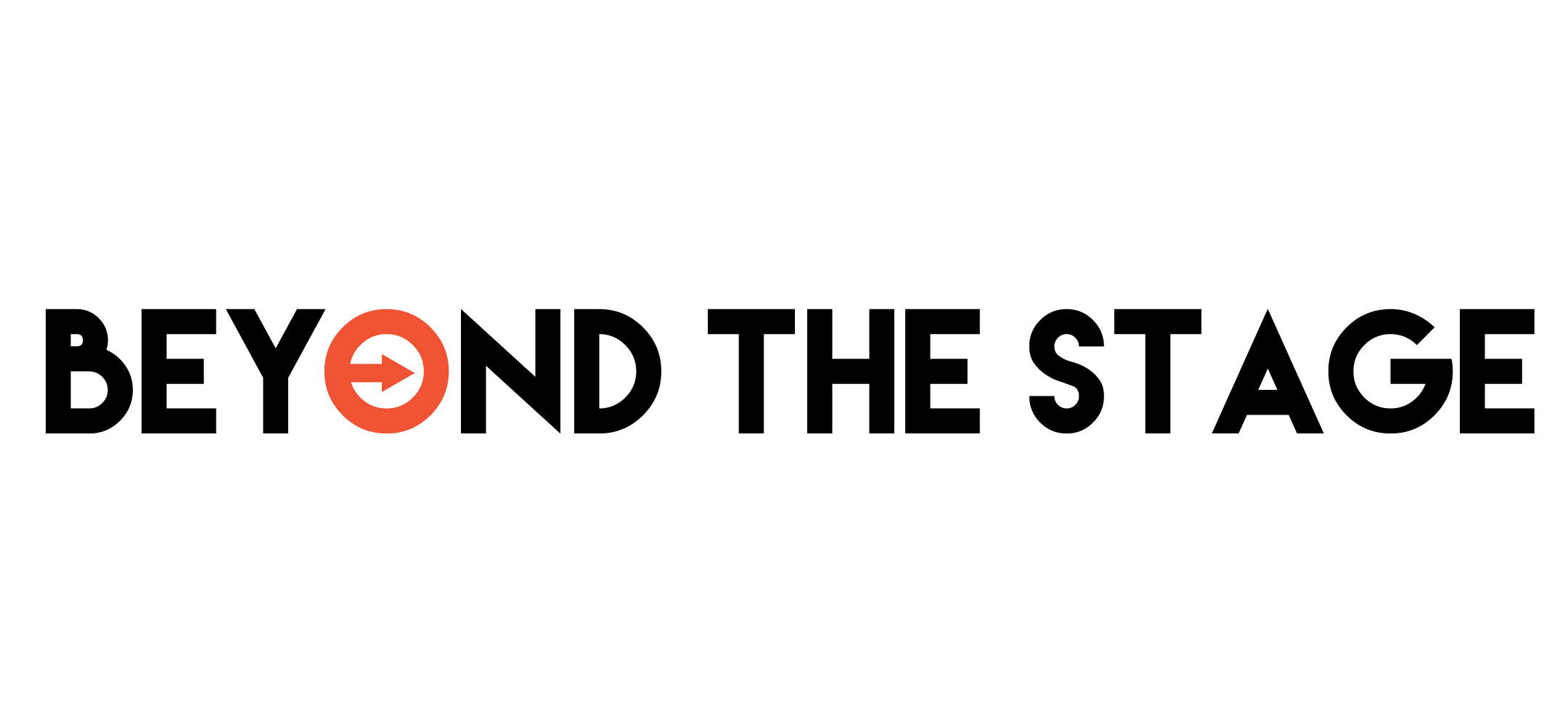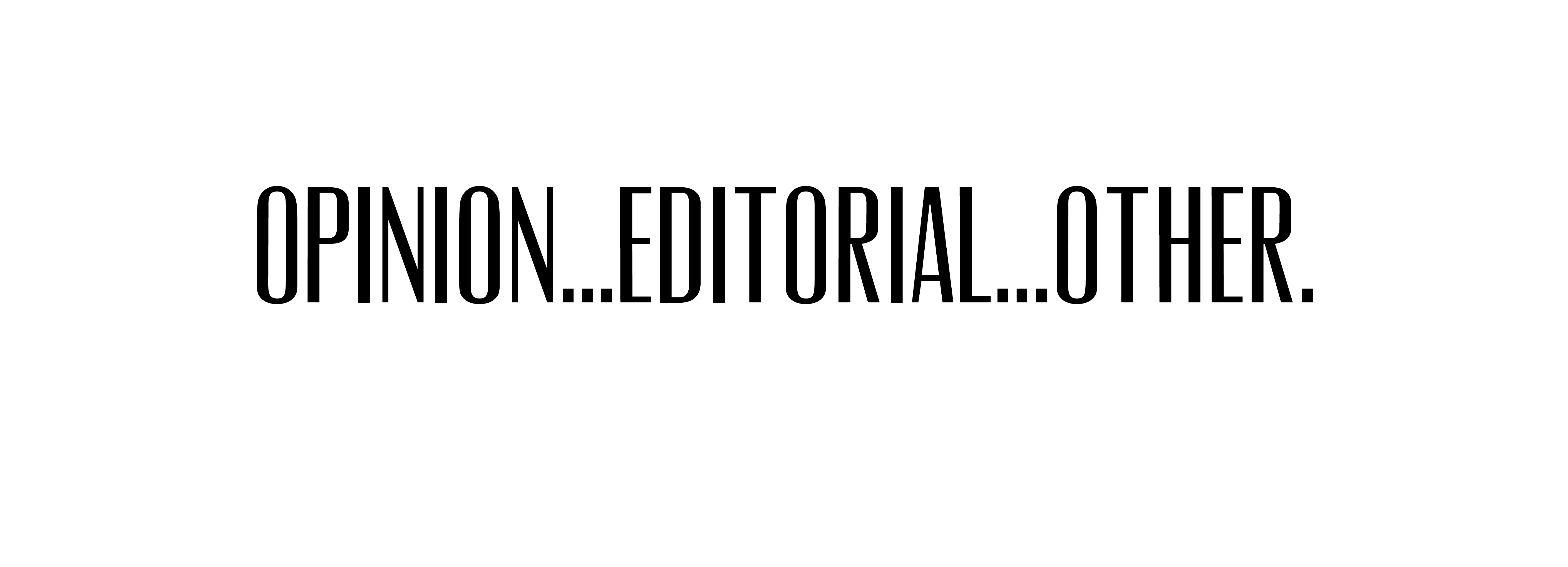
Matisyahu is no stranger to receiving criticism beyond his songwriting. As the only publicly observant Jew in mainstream music, gaining worldwide success while presenting unique beliefs comes with tension. In 2012 the orthodox Jewish community cried out in anguish as the artist posted pictures of himself clean-shaven and without a kippah. Bloggers throughout the Jewish community wrote pieces on how Matisyahu’s appearance change felt like losing a brother.
But while the Orthodox community felt offended by Matisyahu’s decisions back then, no individual or organization tried to prevent the artist from garnering success and expanding his talent. That all changed in the past week. On August 17, a Spanish festival called Rototom Sunplash canceled Matisyahu’s appearance. Before the festival began, an anti-Israeli protest movement known as the Boycott Divestment and Sanctions (BDS) movement vocalized outrage for his appearance, demanding that Matisyahu sign a statement acknowledging a Palestinian state and speaking out against Israeli policies towards the Palestinians.
For those unaware of this organization, the BDS movement emerged in 2005 under the founding of several Palestinian NGOs to put economic and political pressure on Israel until it complies with various demands. It took some ground in European corporations and Universities, and has been advocated in American universities like UC Berkley and UC Irvine. However, critics of the BDS movement have said that the BDS movement simplifies the whole conflict into a black and white issue, and advocates against the right for Jewish self-determination.
This week the movement tried to expand its voice onto the entertainment industry. After Matisyahu wouldn’t agree to the protestor’s demands of publicly condemning Israeli policies and signing a form recognizing a Palestinian State, festival protestors felt pressured and removed him from the lineup. Valencia BDS claimed that Matisyahu was an adamant supporter of the Israeli occupation, letting his music be used in Israeli tourism campaigns and performing for the Friends of the Israeli Defense Forces (FIDF).
But if the intentions of the BDS movement that day were to draw attention to the Israeli Palestinian conflict, they failed. BDS Valencia gave the world the impression that that this movement will now openly target Jews, as no other artists at the festival were demanded to support a Palestinian State. In a matter of days, the Spanish government pressured Rototom Sunplash into condemning BDS and they reversed their decisions. The festival coordinators later apologized to Matisyahu, and the artist accepted to take back his slot on the 22nd. The movement now looked like a villain not only to pro-Israelis but also to the fans and the music industry.
“Music has the power to transcend the intellect, ideas, and politics, and it can unite people in the process,” Matisyahu said in a Facebook status. “The festival kept insisting that I clarify my personal views; which felt like clear pressure to agree with the BDS political agenda. Honestly it was appalling and offensive, that as the one publicly Jewish-American artist scheduled for the festival they were trying to coerce me into political statements.”
Whether it’s through a rally, music or a petition, a protest creates buzz about an issue. They’re supposed to be non-violent forms of action that create discussion and progress our society towards a better future. But when a protest movement aims to silence another voice, that movement will be demonized. The BDS movement may have had a list of claims against the performer. But the protestors never looked at Matisyahu’s work. Matisyahu has never written any lyrics supporting settlements or occupation, just for peace. By ignoring his musical content, BDS looked no better than when Giraldo Rivera said Kendrick Lamar and rap music “has done more damage to young African-Americans than racism”.
For over ten years, BDS made strides in academic circles and deflected any criticisms of anti-Semitism. However, it overplayed its hand in the music industry. By stepping their realm and into entertainment, BDS attempted to politicize a cultural event and make an American Jew apologize for policies of a nation.
What the BDS movement did to Matisyahu was a form of both censorship and discrimination against an individual for his ideology. Critics of this movement who have been calling BDS anti-Semitic since 2005 will have their heyday with this event, while leaders of the movement will now have to answer the question if they will allow its members to boycott anything or anyone they believe supports occupation without hesitation, even if it comes off as racist.
- Today in Music History: April 7 - April 7, 2023
- EP Review: Michigander’s It Will Never Be The Same - March 31, 2023
- Deep Dive: Spotify’s ALT NOW Playlist - March 30, 2023








